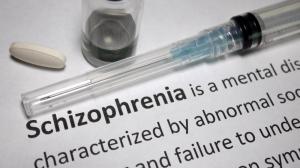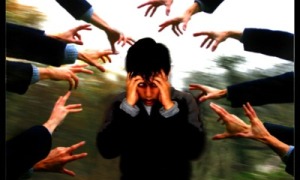
Schizophrenia
Image: medicalnewstoday.com
Dr. Christie Mensch serves as a psychiatrist at the Wyandot Center in Kansas City, Kansas. In this position, Dr. Christie Mensch provides outpatient services to patients with schizophrenia and other mental health challenges.
Researchers from the University of California, Irvine, recently announced the discovery of a potential link between the amino acid methionine and the onset of schizophrenia. Using a mouse model, the research team determined that an overabundance of this amino acid in the diet of an expectant mother could produce neurodevelopmental deficits that correspond with the presentation of schizophrenia.
The researchers started with mouse subjects in their third week of gestation. They then injected the mice with methionine levels three times higher than normal. After the pups were born, the team conducted a series of nine distinct neurological tests. Results indicated the presence of deficits in all categories of schizophrenic symptomatology.
Furthermore, after treating the mice with the anti-schizophrenic drugs haloperidol and clozapine, each of which targets a different symptom category, the researchers found that deficits in the mouse pups improved significantly. Team members hope to carry this research forward and investigate the molecular basis behind the identified deficits, in order to identify potential treatment targets.



